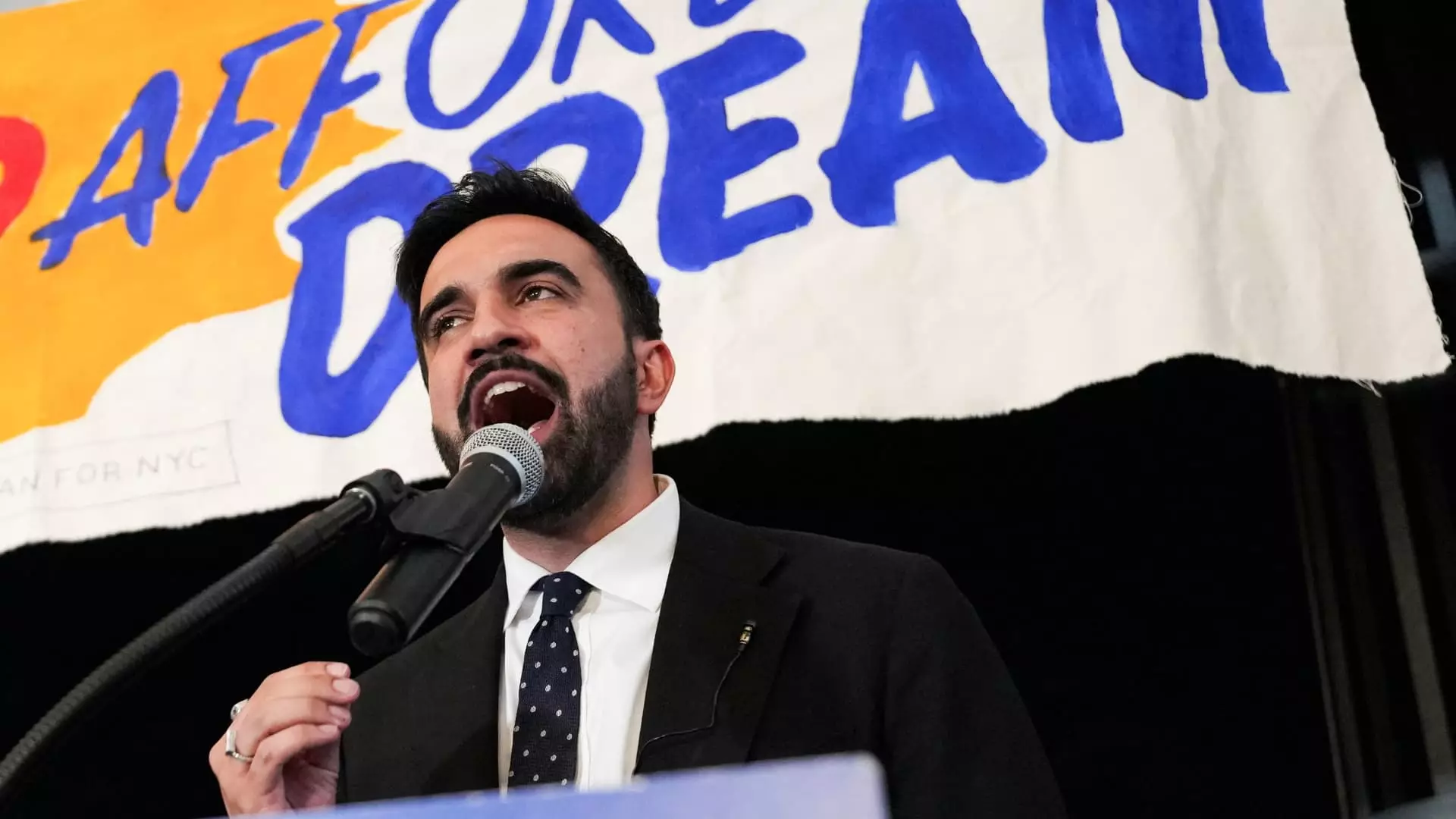President Donald Trump’s recent outburst branding Zohran Mamdani as “a communist” and forewarning of New York City descending into “a communistic city” if Mamdani becomes mayor is a classic example of political theater designed to stoke fear rather than foster substantive debate. Such alarmist rhetoric not only misrepresents Mamdani’s actual political stance as a democratic socialist but also insults the political maturity of New Yorkers. This kind of careless demonization oversimplifies complex political realities and reduces discourse to caricatures that serve little constructive purpose.
Trump’s insistence on labeling Mamdani a communist subjects a diverse political ideology to toxic stereotyping. Democratic socialism, which Mamdani embraces, largely focuses on reducing inequality, expanding social services, and promoting economic justice within a capitalist framework, not recreating Cold War totalitarian regimes. Yet, by invoking the red scare trope, Trump taps into a deep-seated and mostly outdated fear, weaponizing the word “communist” to delegitimize Mamdani’s campaign. This tactic betrays not only a lack of nuance but also a disregard for democratic pluralism.
What Mamdani Represents: A Rejection of the Status Quo
Zohran Mamdani’s candidacy symbolizes a growing appetite among many New Yorkers for substantive change rooted in social justice and economic equity. His platform—calling for increased corporate taxes, higher taxes on the wealthy, rent freezes, and free public transit—reflects a vision that challenges the entrenched financial interests shaping the city’s policies for decades. It’s no accident that Mamdani’s victory in the Democratic primary upset heavyweight political figures like Andrew Cuomo, who represents the establishment wing of the party often accused of catering to corporate donors and the political elite.
Mamdani’s rise reveals a broader shift toward progressive policies that prioritize working-class concerns over Wall Street’s desires. His platform addresses issues that many ordinary New Yorkers face daily: housing unaffordability, transportation accessibility, and economic disparity. While critics bemoan potential capital flight, this view inherently prioritizes investor comfort over people’s real struggles. It’s a stark reminder of whose interests have historically been prioritized—and how those priorities shape the very nature of urban life.
The Business Elite’s Panic: What Does It Say About Their Influence?
The unease expressed by New York’s business leaders underscores a critical tension at the heart of American urban politics. Phillip Laffront’s concern that wealthy investors might flee if Mamdani wins is telling: it confirms that large swaths of the city’s policy debate revolve around protecting elite capital rather than ensuring equitable prosperity.
This dynamic begs the question: Should a city’s leadership be hostage to the whims of investors threatening to leave? If economic elites hold such outsized power that cities are forced to curtail social policy initiatives to keep them happy, it illustrates a profound democratic deficit. The fears expressed by these actors expose their reckoning with a vision of governance that might finally challenge their privileges.
The Chaos of an Eroding Political Landscape
This mayoral race is unfolding amid considerable political turbulence. Eric Adams, the incumbent, is beset by corruption allegations that have profoundly damaged his standing, yet his campaign persists. The involvement of the Department of Justice and its unusual intervention to drop federal charges against him, apparently in exchange for immigration policy dealings, hints at problematic overlaps between legal processes and political calculations. These scandals only deepen citizen disillusionment and reduce trust in traditional political leadership.
Amid this atmosphere, Cuomo’s potential entrance as an independent candidate could further splinter the Democratic vote, introducing unpredictability in what might otherwise have been a straightforward progressive surge. The volatile mix of an embattled incumbent, a divided Democratic field, and an insurgent progressive candidate challenges the old political scripts, offering a volatile yet potentially transformative moment for New York City.
The Need for Honest Political Dialogue
What this mayoral contest truly demands is a move beyond soundbites and red-baiting. New Yorkers deserve clear-eyed discussions about the future of their city—an examination of how to balance economic vitality, social justice, and democratic governance amid fierce polarization and pressure from entrenched powers.
Zohran Mamdani’s campaign, regardless of one’s political leanings, should be taken seriously as part of a vital democratic process reflecting real frustrations and aspirations. Simplistic declarations that equate socialism to communism only poison political discourse and weaken the democratic fabric that urban centers like New York desperately need to strengthen.
Ultimately, the question should not be whether Mamdani fits an outdated Cold War stereotype but whether New York’s leadership can evolve to meet the serious challenges of inequality, housing, and public services, with integrity and inclusiveness at the core. The path forward requires courage to confront vested interests and ideological fears alike, not retreat into partisan caricature and fearmongering.



Leave a Reply